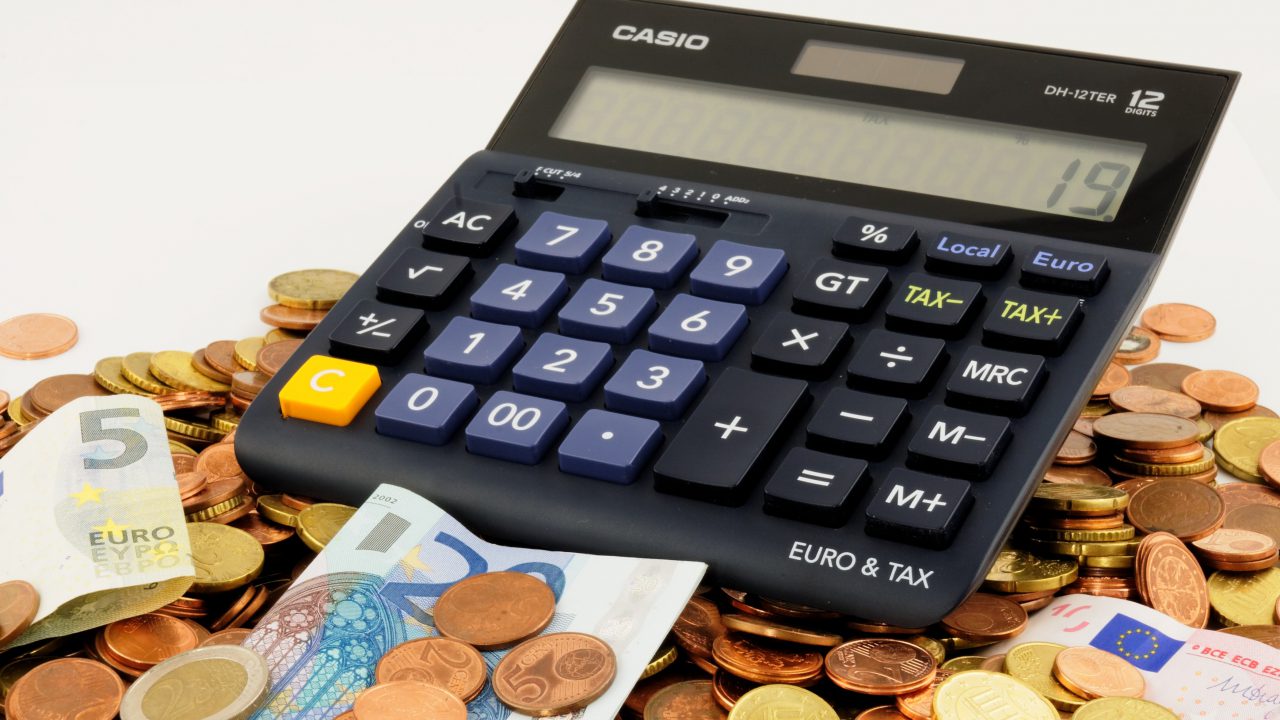The Government has been urged “to protect farm incomes with the usual intervention measures required at such times as this, together with targeted support for already low income family-farms” in a twin-pronged approach.
The Irish Family-Farm Rights Group (IFRG) made the calls following the temporary closures of McDonald’s and other restaurants which are “significant buyers of Irish beef”.
Commenting on the Covid-19 situation, IFRG chairman Donie Shine said: “Low income beef and sheep farmers were already hard pressed to make ends meet before the Covid 19 virus attack.
“Off-farm jobs have kept bread on the table for a lot of small to medium-sized family-farm enterprises and in a lot of instances have kept feed in front of the cattle in the shed too.
But now with the double whammy of an imminent beef market collapse together with massive job layoffs, which will affect farmers with off-farm jobs no less than it will affect the rest of the working population, it is essential that all farmers that need them have immediate access now to payments under the Farm Assist programme.
On the subject of Farm Assist, Shine said: “Given the exceptional circumstances under which we now find ourselves, the Farm Assist programme needs to 100% disregard the value of an applicant farmer’s existing capital or cash reserves when assessing their eligibility for payment.
“It is bad enough that farmers have to subsidise their beef and lamb production from off-farm earnings,” Shine said.
“But, if they are now expected to start using up whatever cash reserves they managed to put aside for working capital or for a rainy day…without an adequate cash inflow to replace it, then the supermarkets will soon be without food on their shelves.”
‘Better protections’
Continuing, the IFRG chair added: “We need better protections for the Irish and EU markets, and better protections for existing Irish and European beef and lamb producers, by ceasing to accept meats from outside of the EU that do not meet EU standards.”
Outlining that, notwithstanding World Trade Organization (WTO) agreements, Shine stressed that the country is in extraordinary times and markets need to be stabilised.
The EU needs to protect its own markets from sub-standard beef and lamb dumped on the EU market from non-EU countries.
“Aside from the obvious health and safety risks that come along with consuming imported meats that do not have the traceability that EU produce has, the risk of further Covid-19 spread, through the international freight associated with those imports, must be controlled,” Shine concluded.
